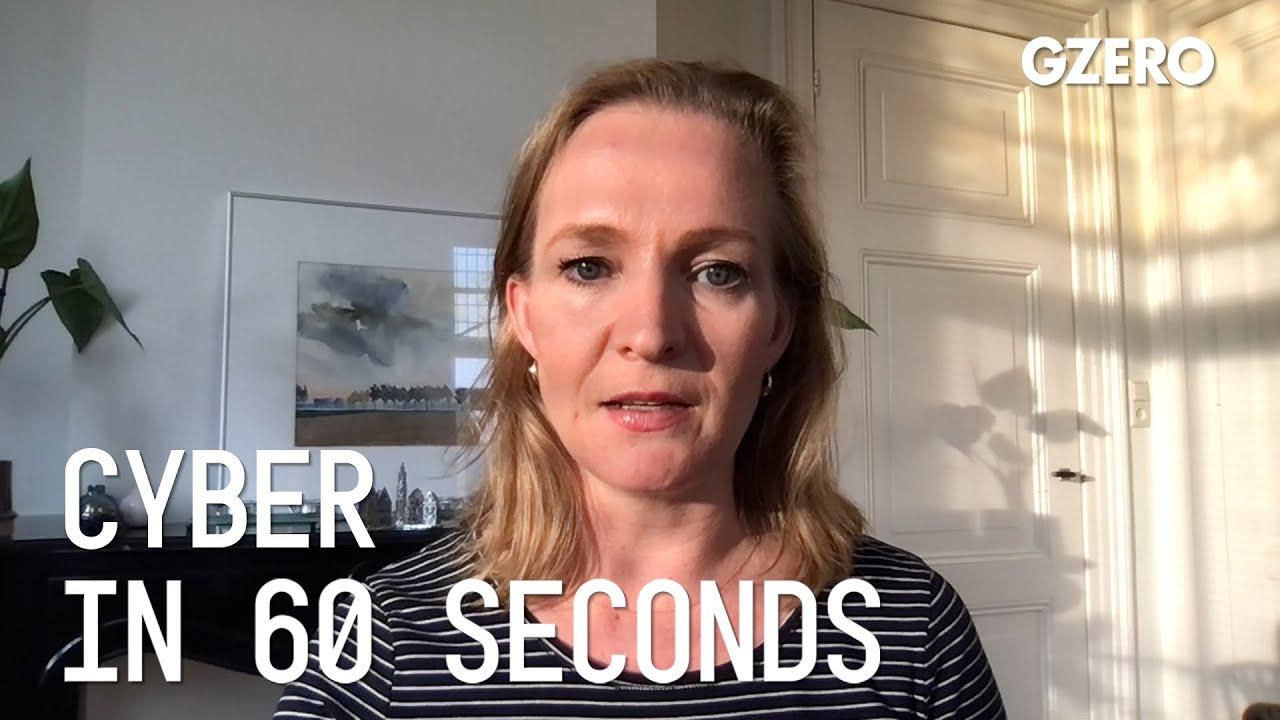Cyber in 60 Seconds
QUAD supply chain strategy to consider values; new AI-powered weapons

Placeholder | Cyber In :60 | GZERO Media

Marietje Schaake, International Policy Director at Stanford's Cyber Policy Center, Eurasia Group senior advisor and former MEP, discusses trends in big tech, privacy protection and cyberspace:
How will the QUAD leaders address the microchip supply chain issue during their meeting this week?
Well, the idea for leaders of the US, Japan, India, and Australia, is to collaborate more intensively on building secure supply chains for semiconductors, and that is in response to China's growing assertiveness. I think it's remarkable to see that values are becoming much more clearly articulated by world leaders when they're talking about governing advanced technologies. The current draft statement ahead of the QUAD meeting says that collaboration should be based on the rule of respecting human rights.
Will AI dominate the future battlefields?
Well, we've already seen new uses of AI-powered arms, but also new opportunities for cyberattacks from the increased use of AI, which leads to growing and vulnerable attack surface. The New York Times recently investigated how Iran's top nuclear official was executed with an AI-assisted, remote-controlled killing device. The gun, equipped with intelligent satellite systems, used AI to verify when and at whom to fire the lethal shots. So there are new weapons, but also new opportunities to exploit vulnerabilities in AI. It is safe to say that warfare is already changing and that in many ways, conflict and cyberattacks, as a result of both, the specific use in arms as well as the broad uptake in society will change dramatically.
In this Quick Take, Ian Bremmer addresses the killing of Alex Pretti at a protest in Minneapolis, calling it “a tipping point” in America’s increasingly volatile politics.
Who decides the boundaries for artificial intelligence, and how do governments ensure public trust? Speaking at the 2026 World Economic Forum in Davos, Arancha González Laya, Dean of the Paris School of International Affairs and former Foreign Minister of Spain, emphasized the importance of clear regulations to maintain trust in technology.
Will AI change the balance of power in the world? At the 2026 World Economic Forum in Davos, Ian Bremmer addresses how artificial intelligence could redefine global politics, human behavior, and societal stability.
Ian Bremmer sits down with Finland’s President Alexander Stubb and the IMF’s Kristalina Georgieva on the sidelines of the World Economic Forum to discuss President Trump’s Greenland threats, the state of the global economy, and the future of the transatlantic relationship.